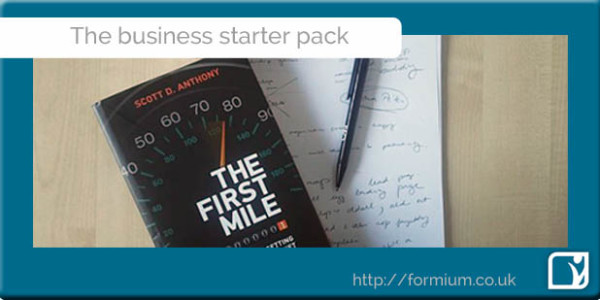The days are numbered for sheep-dip, classroom-based training courses, chosen by the L&D team, and often forgotten by the following week.
Well, maybe not numbered, but the recent CIPD/ Towards Maturity report – Driving Performance and Productivity provides evidence that companies relying on old-fashioned models of learning and development are being outstripped by those embracing a learning approach that is more collaborative, multi-channel, integrated and accountable.
The report’s message is that the top 10% of companies, for performance and productivity, are benefiting from using these modern methods – sometimes 3 times as much as the average, and massively above those in the lowest 25%.
Here’s a few key findings:
- 76% of the ‘Top Deck’ (highest performing 10%) are confident in incorporating the use of new media in learning design (33% average, 14% bottom quartile)
- 62% routinely collect information on the extent to which learning points have been understood (30% average, 5% bottom quartile)
- 71% collect information from learners on the extent to which learning points have been applied at work (24% average, 2% bottom quartile)
- 73% involve learners in the design of the most appropriate learning solution (25% average, 1% bottom quartile)
So the challenge to L&D teams is – how can you harness these approaches so that your company benefits? How can you incorporate these ideas into your strategies, and how to shift the culture towards collaboration, individual accountability for learning, and greater integration into strategic and operational needs?
The report provides compelling ROI evidence that I’m sure will help those arguing for greater resources or the input from colleagues. But the important takeaway for me is the change management and strategic thinking that will be required to embed these ideas. It is about changing the perception of learning and development from a top-down obligation to a more bottom-up opportunity to thrive.
Eszter Molnar Mills is a strength-based leadership and organisation development specialist and founder of Formium Development. She helps organisations and individuals reach enhanced performance by reflecting on what works, and developing skills and strategies for improvement. Eszter leads our learning partnership work; contact us to discuss how we can support your learning and development strategy.


